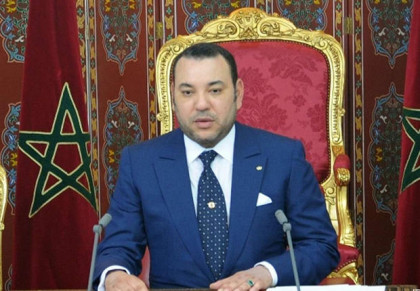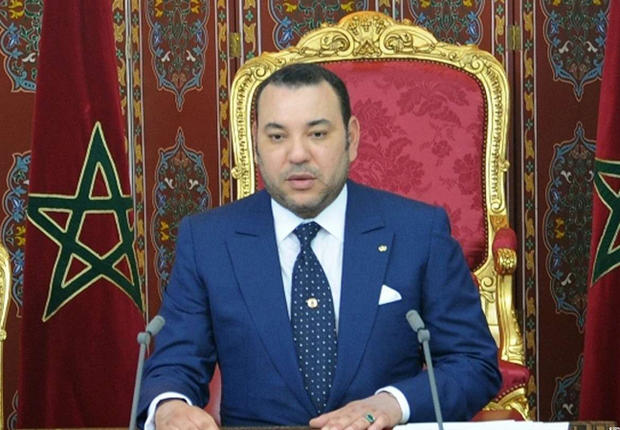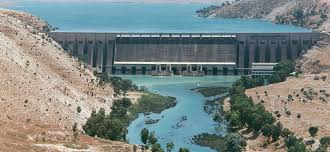 The United Arab Emirates has backed Morocco’s plan to grant autonomy status to Western Sahara in a bid to resolve the decades-old territorial regional and artificial conflict which is undermining the Maghreb union.
The United Arab Emirates has backed Morocco’s plan to grant autonomy status to Western Sahara in a bid to resolve the decades-old territorial regional and artificial conflict which is undermining the Maghreb union.
In a joint communiqué released after talks held between UAE foreign minister Sheikh Abdullah Bin Zayed Al Nahyan and his Moroccan peer Salaheddine Mezouar in Fez, the UAE described the Moroccan initiative as “serious and credible” providing the key for resolving the conflict over Western Sahara.
On the Iranian occupation of the UAE’s three islands, Morocco reaffirmed its support to the UAE’s right to regain its sovereignty over its three islands, Greater Tunb, Lesser Tunb and Abu Mousa. It also supports all the procedures and peaceful means taken by the UAE to retrieve its sovereignty over the three islands, says the joint document.
The two sides highlighted the historical and strong relations existing between Morocco and countries of the Gulf Cooperation council (GCC gathering Saudi Arabia, UAE, Bahrain, Kuwait, Oman & Qatar).
On Palestine, the UAE and Morocco voiced their deep concern over the escalating violence and tension in the occupied territories as a result of Israel’s provocative practices and the continuous heinous violations committed by Israeli forces at Al Aqsa Mosque in occupied Jerusalem.
The UAE praised on this occasion the role played by Al Quds Committee chaired by King Mohammad VI of Morocco.
On Libya, the two countries welcomed the political agreements reached after rounds of negotiations between Libyan rivals held in Morocco.
Regarding the situation in Yemen, they reaffirmed that “Operation Restoring Hope” was launched to defend legitimacy in Yemen and ensure security and stability in the region.
The two ministers underlined that the solution of the Syrian crisis lies in the hands of the Syrian people and enabling it to lead the political transitional period in compliance with regulations stipulated in the statement of the Geneva 1 conference.
The two countries renewed their commitment to enhance bilateral relations and set a strategic partnership in various fields.



